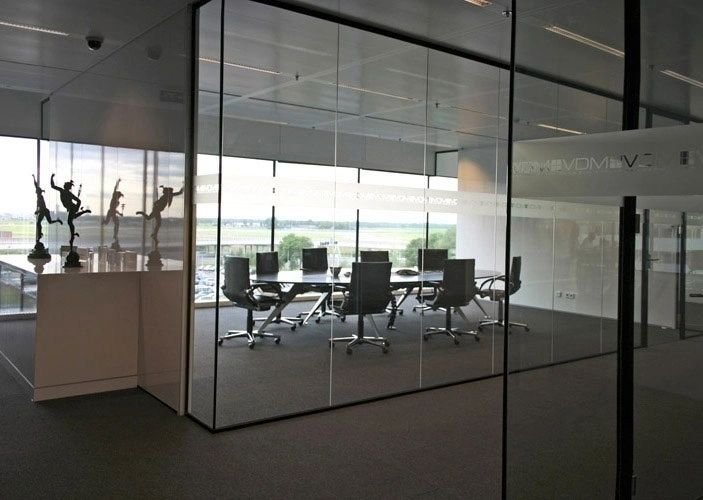Are you walking the talk around the S in ESG?
At Agreement Hub, we have long argued that good ESG is good business. ESG is more than a compliance issue, it's a means to enhancing shareholder returns by securing stakeholder support. The clients we work with recognise this and uphold their ESG values through their actions. This can be seen in the mining industry with the proliferation of renewable energy at mine operations, the environmental initiatives taken, the push toward the electrification of mining and the goal of green mining.
Our clients tell us that good governance of the environmental aspects of their businesses is well understood at all levels within their organisations, and that tangible measures and reporting standards give clarity around performance and direction. There are a number of well established reporting frameworks that can be used (GRI, SASB, CDP etc) or companies can develop their own. Environmental/sustainability metrics are now readily quantified and built into organisational KPI's to support compliance and innovation.
In discussions with our clients it is clear that there is an equally good understanding of the Social aspects of ESG and that getting it wrong can constitute a major risk not only to the mandate to operate, but also costs and the ability to raise funds. For example, today's newspapers are reporting that Rio Tinto is facing a grilling at it's shareholder meeting next week concerning disputes over royalty payments to Traditional Owner Corporations amounting to up to $400m. http://australiangovernment.org/rio-faces-royalty-dispute-grilling/
For many of our clients, the risks associated with the Social aspects of ESG are tangible but much less easy to manage. Actions are less easy to align across the organisation, valuing heritage is difficult and the risks associated with disputes can be costly in terms of money, time and reputation. Whilst almost every company makes bold statements about the value of social responsibility to their business, they have to ask themselves 'are we really walking the talk'? This could mean:
Do our staff have the same awareness of social and heritage risks as they do of safety and environmental risk?
Do we cascade social responsibility metrics from the leadership to the front line as well as we do environmental metrics?
Do we have robust staff training in place that goes beyond a one hour 'cultural awareness' session?
Has the board been trained in recognising and responding to the risks and responsibilities of being a socially responsible business?
Do we have a social policy management plan that recognises where we actually are, where we want to get to and how we will get there?
Do we use experts in negotiations with Traditional Owners or do we delegate to HR and outsource to lawyers?
Do we listen to what a community wants or do we insist on what we think they should have?
Agreement Hub exists to to help leadership teams truly 'walk the talk' and through doing so minimise risk and generate positive commercial outcomes.

